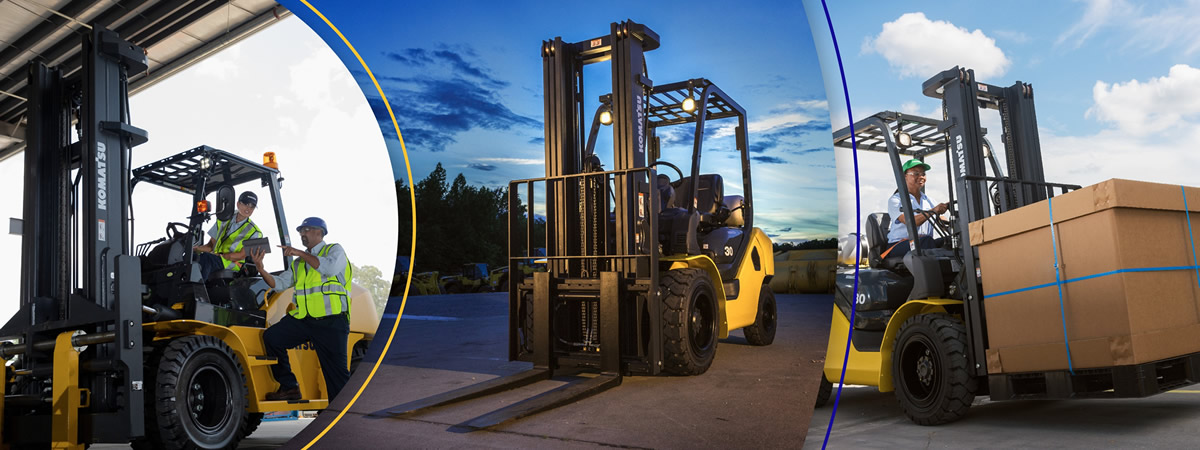
In today's fast-paced warehouse environment, maximizing operational efficiency is paramount for businesses striving to maintain their competitive edge. The rise of e-commerce and increased consumer demand have led to a significant uptick in warehouse activities, with studies estimating that the global warehouse automation market will reach $30 billion by 2026.
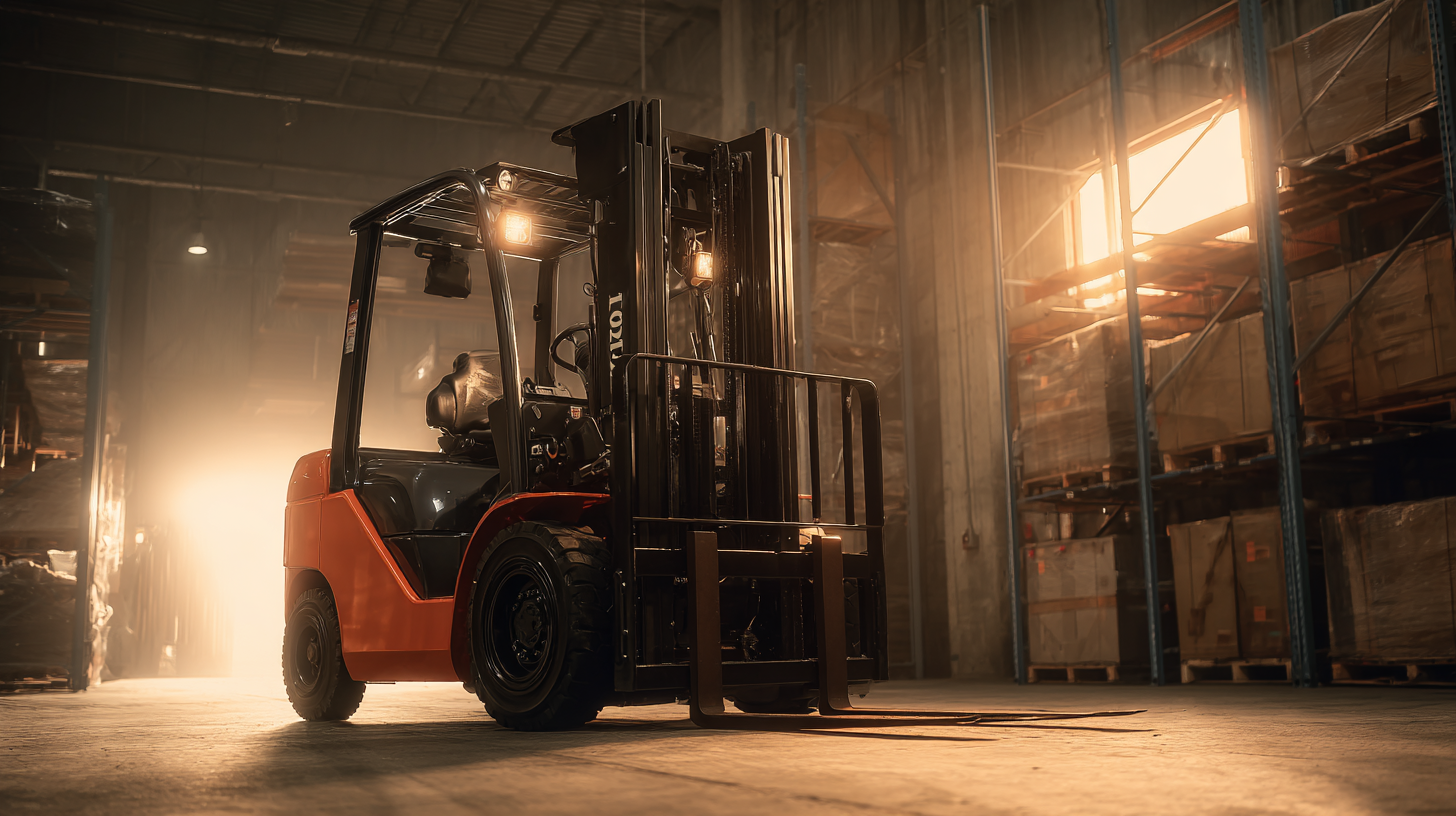
One innovative solution that is gaining traction is "Small Forklift Rental," which offers flexibility and cost-effectiveness to warehouse operations. According to a recent report, companies utilizing small forklift rentals can decrease their capital expenditures by up to 50%, while also improving space utilization and reducing labor costs by 20%. By incorporating small forklift rentals into their logistics strategy, businesses can effectively manage fluctuating workloads and adapt to ever-changing market conditions, ultimately unlocking new levels of operational efficiency.
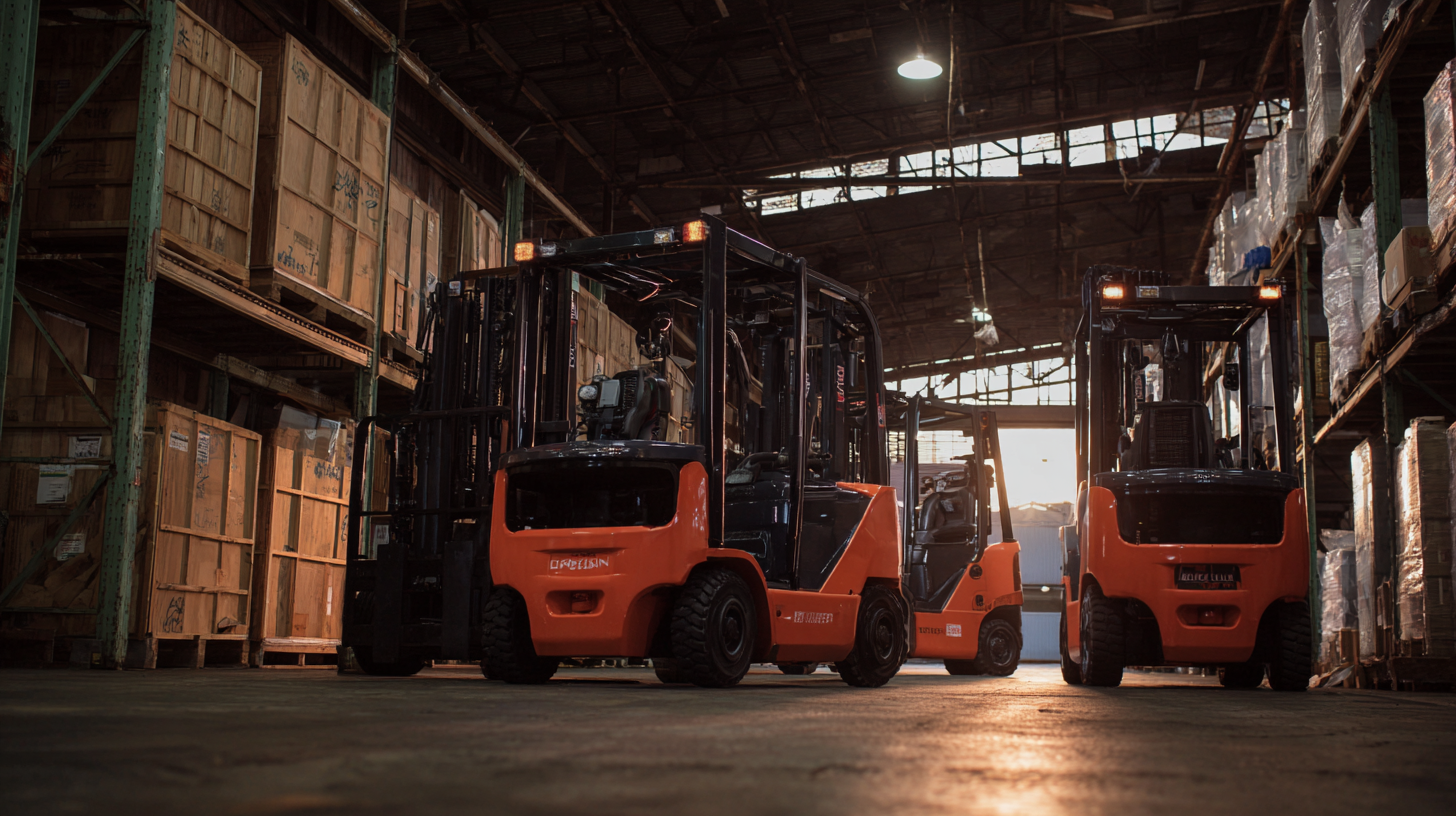 Small forklift rentals are revolutionizing warehouse operations by offering numerous benefits that significantly enhance efficiency.
Firstly, these compact machines are designed to navigate tight spaces, optimizing storage areas and making the most of available square footage.
Their maneuverability allows for quicker retrieval and transport of materials, reducing downtime and improving overall workflow.
As businesses adapt to changing material-handling demands, small forklifts provide a more tailored solution compared to larger, more cumbersome equipment.
Small forklift rentals are revolutionizing warehouse operations by offering numerous benefits that significantly enhance efficiency.
Firstly, these compact machines are designed to navigate tight spaces, optimizing storage areas and making the most of available square footage.
Their maneuverability allows for quicker retrieval and transport of materials, reducing downtime and improving overall workflow.
As businesses adapt to changing material-handling demands, small forklifts provide a more tailored solution compared to larger, more cumbersome equipment.
Moreover, renting small forklifts presents a cost-effective option for warehouses looking to manage operational expenses. A cost-benefit analysis reveals that while ownership entails high upfront costs, rental agreements typically include maintenance and insurance, resulting in lower long-term financial commitment. This flexible approach allows warehouses to scale their fleet based on seasonal needs or specific projects without the burden of asset depreciation. Ultimately, small forklift rentals enable warehouses to enhance productivity while maintaining a lean operating budget, addressing both financial and operational priorities efficiently.
Renting forklifts can significantly enhance the efficiency of warehouse operations while being a cost-effective alternative to purchasing. When businesses choose to rent, they avoid hefty upfront costs and ongoing maintenance expenses associated with ownership. This flexibility allows companies to allocate their financial resources more strategically, investing in other critical areas of their operations. Moreover, renting enables warehouses to easily scale their equipment needs based on seasonal demand or project-specific requirements without the burden of long-term commitments.
**Tips for Cost-Effective Forklift Management:**
1. Assess your operational needs regularly to determine the right type and number of forklifts required at any given time.
2. Take advantage of rental agreements that include maintenance services, ensuring machinery remains in optimal condition without added costs.
3. Consider the duration of your projects when renting; short-term rentals can help minimize expenses for equipment that may not see daily use.
By choosing the rental option, warehouses can maintain a modern fleet of forklifts that aligns with their evolving needs, contributing to smoother operations and ultimately enhancing productivity.
| Metric | Renting Forklifts | Purchasing Forklifts |
|---|---|---|
| Initial Cost | Low (Monthly Rental Fee) | High (Purchase Price) |
| Maintenance Responsibility | Rental Company | Owner |
| Flexibility | High (Easily switch models) | Low (Stuck with one type) |
| Long-Term Costs | Medium (Ongoing rental fees) | High (Depreciation over time) |
| Capital Investment | None | Substantial |
| Tax Benefits | Rental expenses deductible | Depreciation deductions |
In dynamic warehouse environments, flexibility and adaptability are not just advantages but essential elements for success. Small forklift rentals provide an agile solution that allows businesses to respond swiftly to changing operational needs. Unlike traditional fleet ownership, renting forklifts enables warehouses to scale their equipment use according to current demands, reducing downtime and optimizing workflow. This adaptability ensures that operations remain smooth, whether managing seasonal peaks or adjusting to fluctuating inventory levels.
Moreover, employing small forklift rentals opens the door to a variety of equipment tailored for specific tasks. Warehouses can choose from different models that best suit their spatial constraints and operational requirements. This targeted approach enhances task efficiency, allowing workers to navigate tight aisles and handle diverse loads with ease. As a result, warehouse managers can maintain high productivity levels while ensuring safety and minimizing wear and tear on equipment. In these environments, where responsiveness is key, small forklift rentals represent a proactive strategy to stay ahead of the competition.
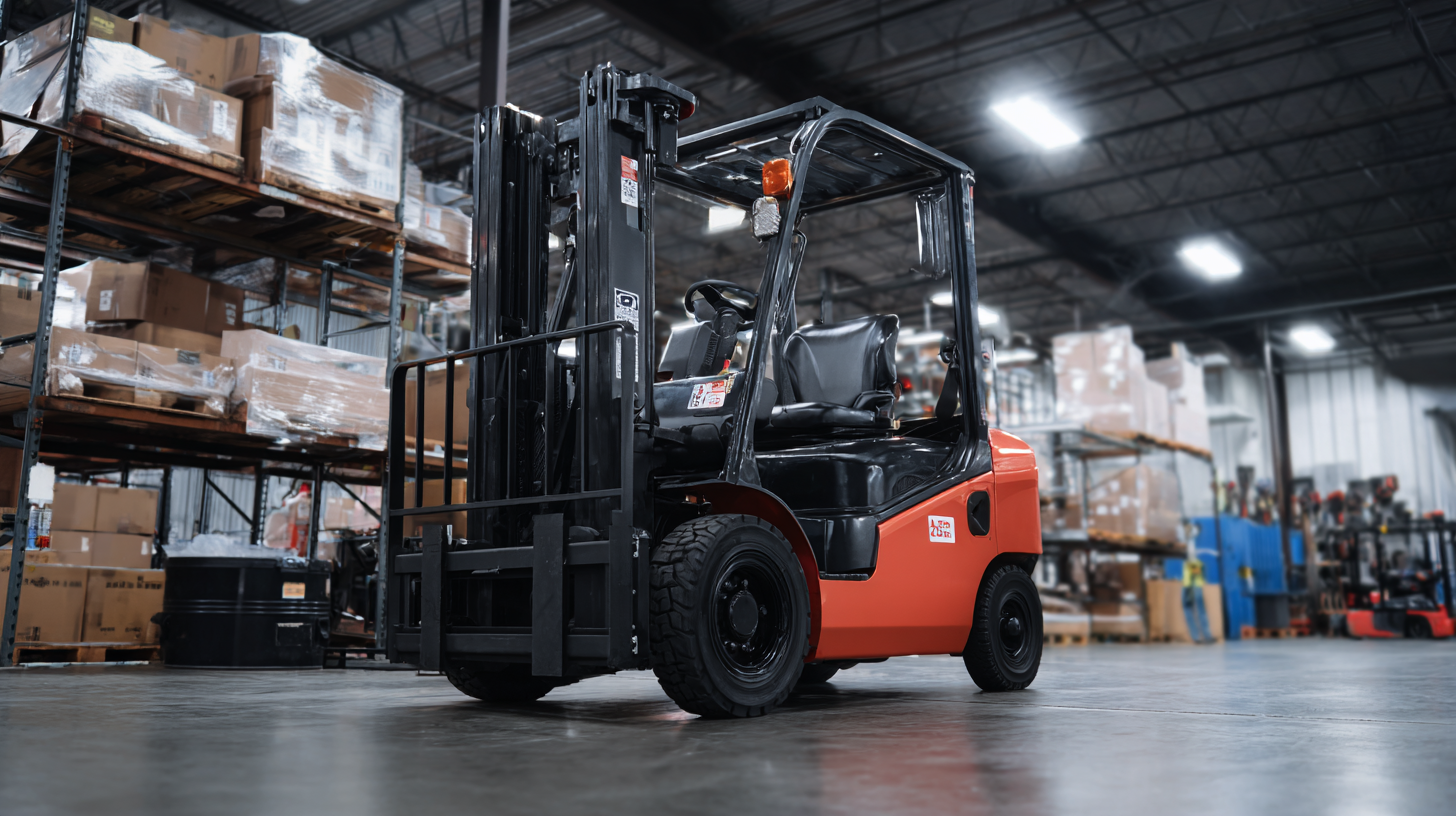
When it comes to warehouse operations, the
maintenance and support advantages of rental
forklifts are paramount. Renting forklifts allows businesses to access the latest models equipped
with advanced technology, reducing the likelihood of mechanical failures. Rental companies often
handle maintenance and repairs, which means businesses can focus on their core operations without
worrying about unexpected downtime or costly servicing fees. This comprehensive support ensures
that the equipment remains in optimal condition, enhancing operational efficiency.
Additionally, rental agreements typically include
regular inspections and preventive
maintenance checks, minimizing the risk of equipment failure. This proactive approach helps
warehouses maintain high productivity levels while ensuring safety standards are met. Moreover,
rental forklifts can be tailored to meet specific operational needs, allowing businesses to
choose equipment that fits various tasks without the long-term commitment and associated costs
of purchase. This flexibility is particularly beneficial for seasonal demand fluctuations,
enabling warehouses to scale up or down quickly as needed.
Compact forklift models have revolutionized space utilization in warehouse operations, enabling businesses to maximize their storage capabilities. In environments where every square foot counts, these smaller forklifts are designed to maneuver easily through tight aisles and around obstacles, allowing for efficient stacking and retrieval of goods. Their ability to navigate confined spaces means that warehouses can implement more effective inventory layouts, reducing wasted space and improving accessibility.
Moreover, the flexibility offered by compact forklifts significantly enhances productivity. Workers can quickly and safely transport materials without the risk of damaging products or the warehouse structure. By optimizing space utilization, companies can increase their overall storage density, facilitating higher volumes of goods while maintaining an organized and manageable workspace. This transformation not only boosts operational efficiency but also supports better inventory management practices, leading to greater responsiveness in meeting customer demands.
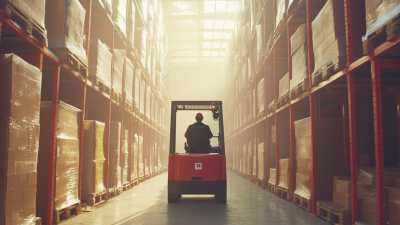
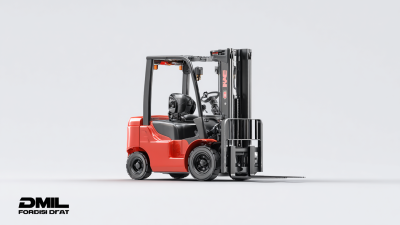


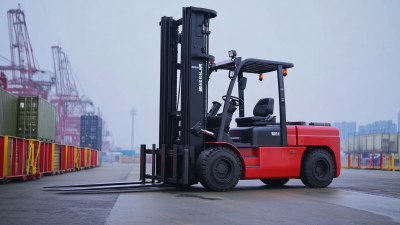

Content © 2025 Komatsu. All Rights Reserved
